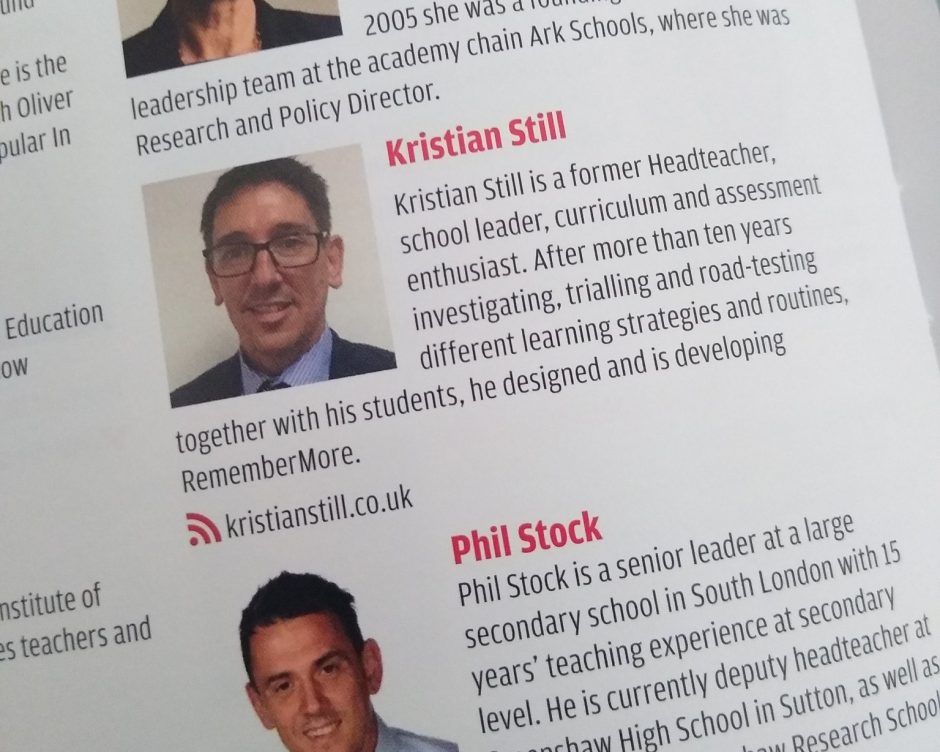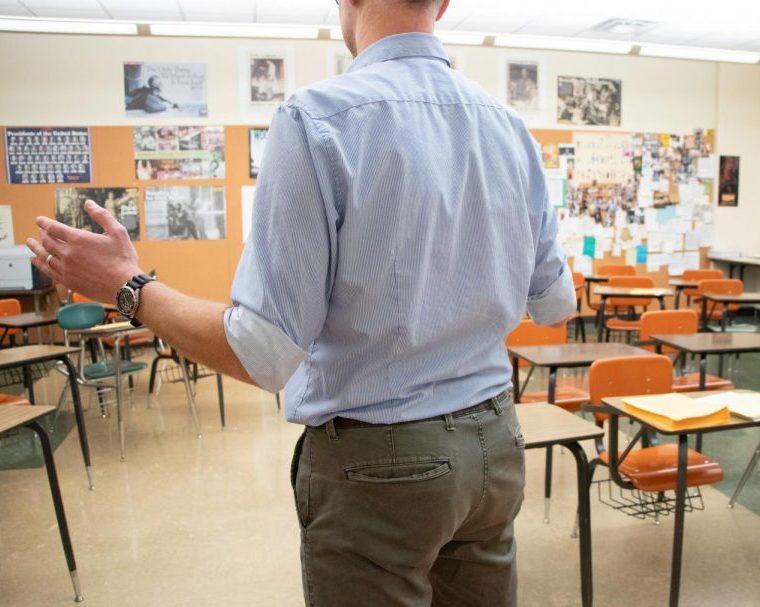This September I started a new role at Boundary Oak School, new classes, new teaching, new systems, only to be tripped up at the end of week two by Covid. RememberMore development continues and something had to give – there was just not the time to write, sorry.
Back to work this week gave me the opportunity re-listen to Ollie Lovell discusses all things teaching, teacher development, at scale, with Dylan Wiliam.
On teacher quality
We can’t measure teaching quality. Teacher quality is the best proxy we have.
Teachers look better when they teaching smart kids (6 times better – Charlotte Danielson’s A Framework for Teaching) Right now, nobody can disentangle, the impact of students and teachers on teaching quality. So – observation out.
You need 30 independent observations. Five or six observers, viewing five of six classes of a single teacher, to get a reliable measure of teacher quality, See Hill and Grossman (2013).
Value-added – is indefensible at the level of individual teachers.
Almost all improvement in average teacher performance, is caused by the lowest performing teachers getting better quickly. Good teachers contribute very little improvement.
Formative Assessment
Good teaching starts from where the learning is. Formative assessment – is the process of evidentiary reasoning.
Almost all the research on feedback failed to explore what learners did with that feedback – recipients processes
“I’m giving you these comments because I have very high expectations and I know that you can reach them.” – Just that one sentence sentence improved the students grades at the end of the semester, David Yeager (2014).
Did you children learn what you taught them?
This week, discussing RememberMore with my Year 7 class they explained how easy it was to forget what was taught the previous lesson. How starting ever lesson with Classroom.remembermore.app was both fun and a stark reminder of what they had forgotten.
We completed a short 10/50 question pop quiz. That is ten questions from a deck of 50. Revisiting the genre, visiting the key rules of dialogue. Without any statistical “power” the top five scores were also the top five users of RememberMore and conversely, the bottom five scores, had not accessed RememberMore.
On rubrics, Dylan had some stinging words of caution.
Quality can not be reduced to words. Descriptions of quality do not mean the same to novices as they do to experts.
Developing teacher practice
“It is easier to act yourself into a new way of thinking, than it is to think yourself into a new way of acting.” Milliard Fuller
Leadership effectiveness
The challenge is education is that almost everything teachers do, helps students learn. It is therefore an “opportunity cost.”
The essence of effective leadership in education is stopping teachers doing good things, so that they can focus on the even better things.
A hodge-podge of reflections.
Hill, Heather & Grossman, Pam. (2013). Learning from Teacher Observations: Challenges and Opportunities Posed by New Teacher Evaluation Systems. Harvard Educational Review. 83. 371-384. 10.17763/haer.83.2.d11511403715u376.
Yeager, D. S., Purdie-Vaughns, V., Garcia, J., Apfel, N., Brzustoski, P., Master, A., Hessert, W., Williams, M. & Cohen, G. L. (2014). Breaking the Cycle of Mistrust: Wise Interventions to Provide Critical Feedback Across the Racial Divide. Journal of Experimental Psychology: General, 143, 804-824.


